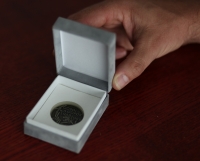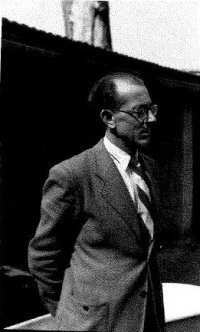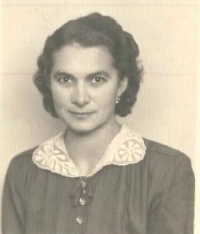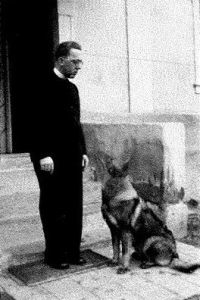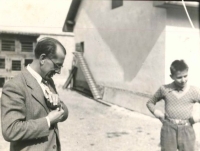Who ever tasted what it is like to be on stage, such experience stays with him for the rest of his life

Download image
Vladimír Zamazal was born on June 25, 1947 in Pardubice. As a small boy, he experienced when members of the StB searched their house in 1952, his father Vladimír was arrested and sentenced to ten years in prison in connection with his work for the physics laboratory. The family then moved to Letohrad. The witness and his sisters had trouble getting into high school, but in the end he even managed to graduate from the electrical engineering college in Brno. At the end of the 1960s, he became the secretary of the renewed scout group in Letohrad. In the August days of 1968, the detachment engaged in non-violent resistance against the Soviet occupiers, writing messages on the roads and turning signs. In the church in Orlic near Letohrad, he founded so-called rhythmic masses for youth, where they sang and played guitars. When his former scout group, already under the banner of a tourist group, went to the GDR in the 1970s and sang in a church there, which was not without consequences. He got expelled from the Czechoslovak Association of Physical Education and Sport (ČSTV) and also had to leave his job as a teacher professional subjects at the school in Lanškroun. He devoted his whole life to amateur theatre, acting, singing and directing. After the incident in the GDR, however, he was banned from public activity even in the artistic sphere. At the end of the 1980s, he worked as a technician in the cultural centre in Ústí nad Orlicí, where he was caught up in the velvet revolution in 1989. He helped organize public meetings both in Ústí nad Orlicí and in the neighbourhood.
